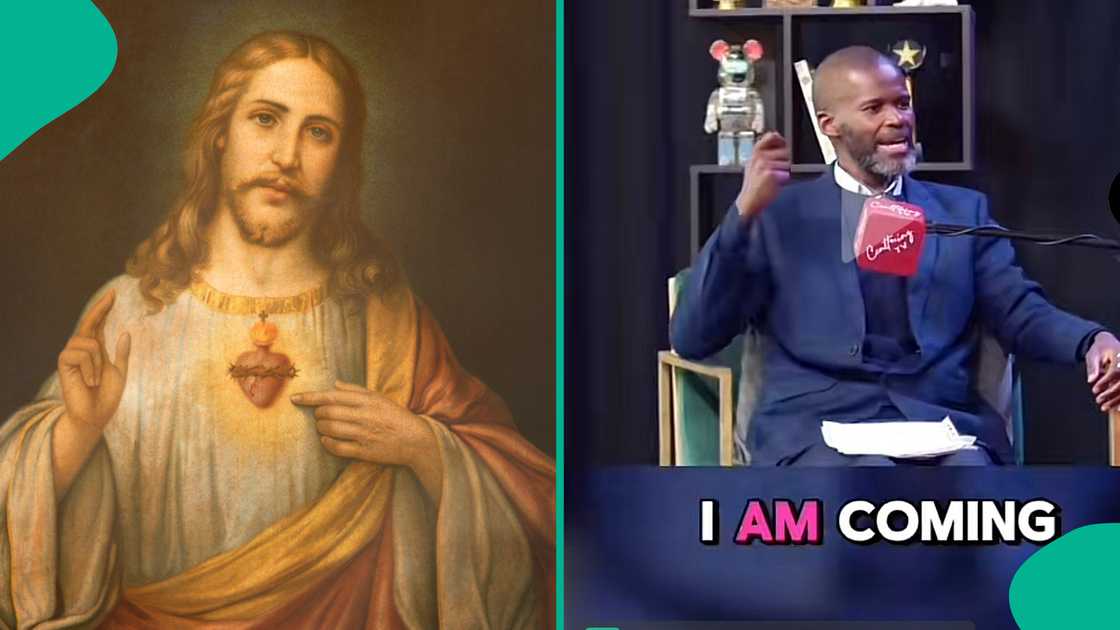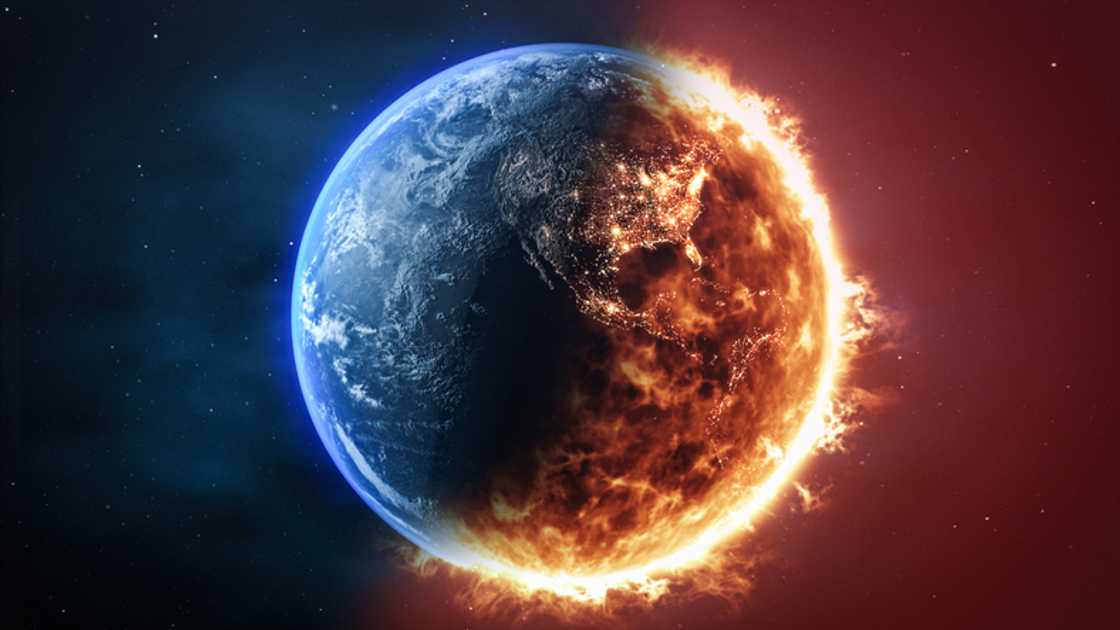South African Pastor Joshua Mhlakela Faces Backlash Over Failed Rapture Prediction
- A South African pastor has stirred controversy after his rapture prophecy failed to come true
- Joshua Mhlakela’s prediction, tied to the Jewish New Year, prompted some followers to make drastic life changes
- Instead of global upheaval, the forecast eventually sparked widespread mockery and scepticism online
Joshua Mhlakela, a South African pastor, has come under fire after his widely publicised prophecy that the world would end in a rapture on Tuesday failed to come true.
The prediction, which was first aired in a July interview with CettwinzTV, suggested that the rapture would unfold over two days, 23 and 24 September, coinciding with Rosh Hashanah, the Jewish New Year.

Source: Getty Images
Mhlakela claimed to have experienced a supernatural encounter in which he saw Jesus seated on his throne, declaring, “I am coming soon. I will come back to the earth.” He added, “The rapture is upon us, whether you are ready or not,” urging believers to prepare for the end.
Failed rapture prediction draws mockery online
Despite the gravity of the forecast, the days passed without incident, prompting widespread ridicule rather than panic. Social media users responded with sarcasm and disbelief, with one quipping whether the rapture was “occurring by time zones.”
The fallout from Mhlakela’s prophecy included reports of individuals resigning from their jobs, selling property and vehicles, and even cashing out retirement savings in anticipation of the event.
While such faith-driven decisions are not unprecedented, Harold Camping’s failed rapture predictions in 2011 led some Christians to liquidate assets, Mhlakela’s forecast appeared to inspire more scepticism than fear.
Rapture belief rooted in Christian eschatology
The concept of the rapture is rooted in Christian eschatology, which teaches that Jesus will return to earth to take true believers to heaven before a period of great tribulation culminates in the end of the world. Mhlakela’s interpretation of this doctrine, however, has drawn criticism for its specificity and timing.

Read also
Tiwa Savage clarifies controversial bedroom tape rumours: "I would have used better lighting”
As the predicted dates came and went without divine intervention, Mhlakela’s credibility faced renewed scrutiny. The episode has reignited debate around prophetic claims and the impact of religious forecasts on vulnerable followers.

Source: Getty Images
Past failed prophecy
In 2011, American radio evangelist Harold Camping predicted the rapture would occur on 21 May, followed by the end of the world on 21 October.
His prophecy gained global attention, prompting some followers to quit jobs, sell possessions, and prepare for judgment day. When the dates passed uneventfully, Camping faced widespread criticism and eventually admitted his miscalculation.
Similarly, in 1988, Edgar C. Whisenant published “88 Reasons Why the Rapture Will Be in 1988,” forecasting it between 11–13 September. Despite selling millions of copies, the prediction failed, joining a long list of apocalyptic prophecies that stirred panic but proved unfounded.
Pastor drops prophecy on when world will end
Legit.ng earlier reported that the lead pastor of Grace Confirmation Church Worldwide, identified as Gen Robert Jr, has released a prophecy about when the world would end. In a post on Facebook, the Enugu-based preacher claimed that the world would no longer exist before 2030.

Read also
BBNaija Mensan Becomes Finalist and Most Influential Housemate, Shed Tears in Emotional Video
The pastor's post on Facebook sent social media users into a frenzy as people were divided, with some doubting his assertion.
Source: Legit.ng


